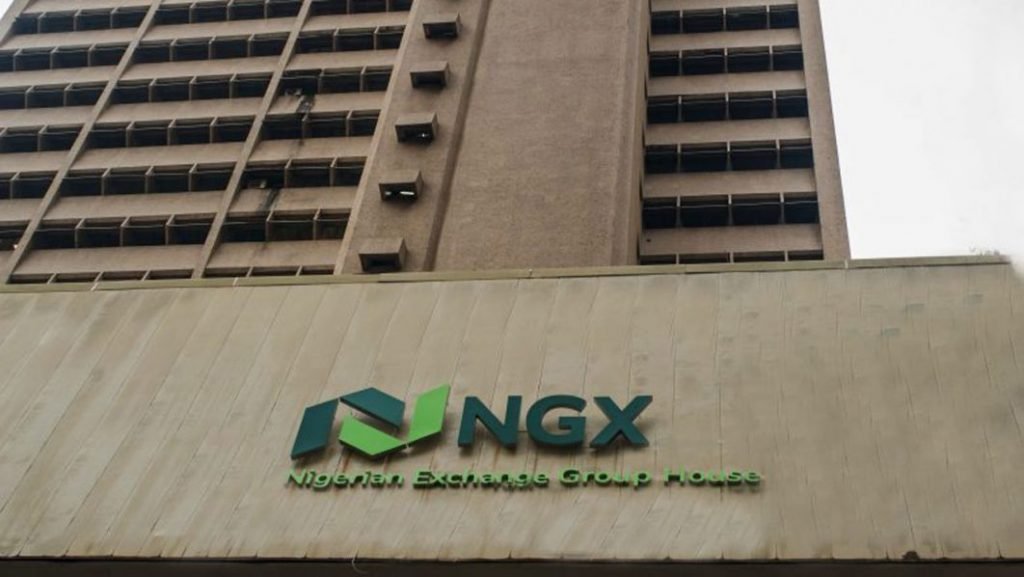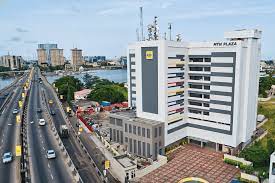
There are clear indications that the Nigerian capital market may witness a significant decline in the number of sub-nationals that will access it for fundraising to finance long-term projects through bond issuance against the practice in the last few years.
This is because many states in the country have recorded a significant decline in revenue and defaulted in the payment of pensions and as such, can not obtain the pension compliance certificate which is proof that the state is ‘up to date on employees’ remittances.
Indeed, the urgency to develop infrastructure in most states to foster revenue generation had made it imperative for them not to wait for the federal government’s allocations before embarking on the provision of such amenities for the masses.
However, in most states, the revenues are not enough to take care of recurrent expenditure let alone capital projects.
Therefore, the states have taken it on themselves to access the market for long-term funds, which can be used to provide some infrastructure and a conducive environment for businesses to thrive.
But the Head, of Investment Banking, United Capital Plc, Dr Gbadebo Adenrele said some states may find it difficult to access the market today due to poor revenue and failure to remit employee pension funds as and when due.
He pointed out that the pension regulations stipulate that any corporate or state that wants to access that N13 trillion pension fund must show a certificate of compliance.
“The pension fund does not really invest until they see that you pay your staff and employees’ pension regularly. How do you want to benefit from something you are not contributing to?
“The system is bogged down to also discipline the issuers; so if you have not been paying, you will not be able to access and once you are not able to access that kind of fund, you are reducing your chances of success.”
Recall that 13 states raised N346 billion in revenue from bonds between 2013 and 2017, according to data obtained from the Securities and Exchange Commission (SEC).
An analysis of the data revealed that Lagos State Government topped the list with a total of N231.9 billion.
The state of 2013, issued N87.5 billion series 2 bonds under its N167.5 billion debt issuance programme at a 13.50 per cent interest rate.
In 2013, Ekiti State Government issued an N5bn series 1 bond due 2020 under its N25 billion debt issuance programme.
It said the funds were used for the construction of roads, and bridges, rehabilitation of Ire burnt bricks and the construction of the Ekiti-Kete pavilion.
Kogi State Government also issued an N5 billion series 1 bond due 2020 under its N20 billion debt issuance programme.
The proceeds were used to finance infrastructure projects such as waterworks, housing units, multi-lane carriageway, construction of hospitals, development of Kogi House in the Federal Capital Territory and the development of modern motor parks.
In 2015, the state issued another N3 billion series II bond under its N20 billion debt issuance programme to be used for financing projects.
Niger State Government issued an N12 billion series 1 bond in 2013 while Osun State, through the Osun Sukuk Company Plc, issued an N11.4 billion bond in 2013, noting that the Al-Ijara Tranche 11 was under the state government’s N60 billion debt issuance programme.
The state said the fund was utilized for the construction of millennium model schools (elementary, middle and high schools).
Bauchi State Government 2014 issued an N15 billion series 1 bond under its N30 billion debt issuance programme. It noted that the proceeds were used for part financing of Bauchi Specialist Hospital, the completion of Sir Abubakar Tafawa Balewa international airport and the refinancing of bank loans.
Nasarawa State Government issued an N5 billion bond in 2014, which it said was under the N20 billion MTN Programme.
According to the state, the funds were used for various developmental and infrastructural projects of the state such as the education project (hostel expansion) and market development project (complete construction).
In 2015, Benue, Cross River, Gombe, Oyo, Plateau and Zamfara states issued bonds worth N4.95 billion, N8 billion, N5 billion, N4.8 billion, N28.2 billion and N7 billion, respectively, among others.





